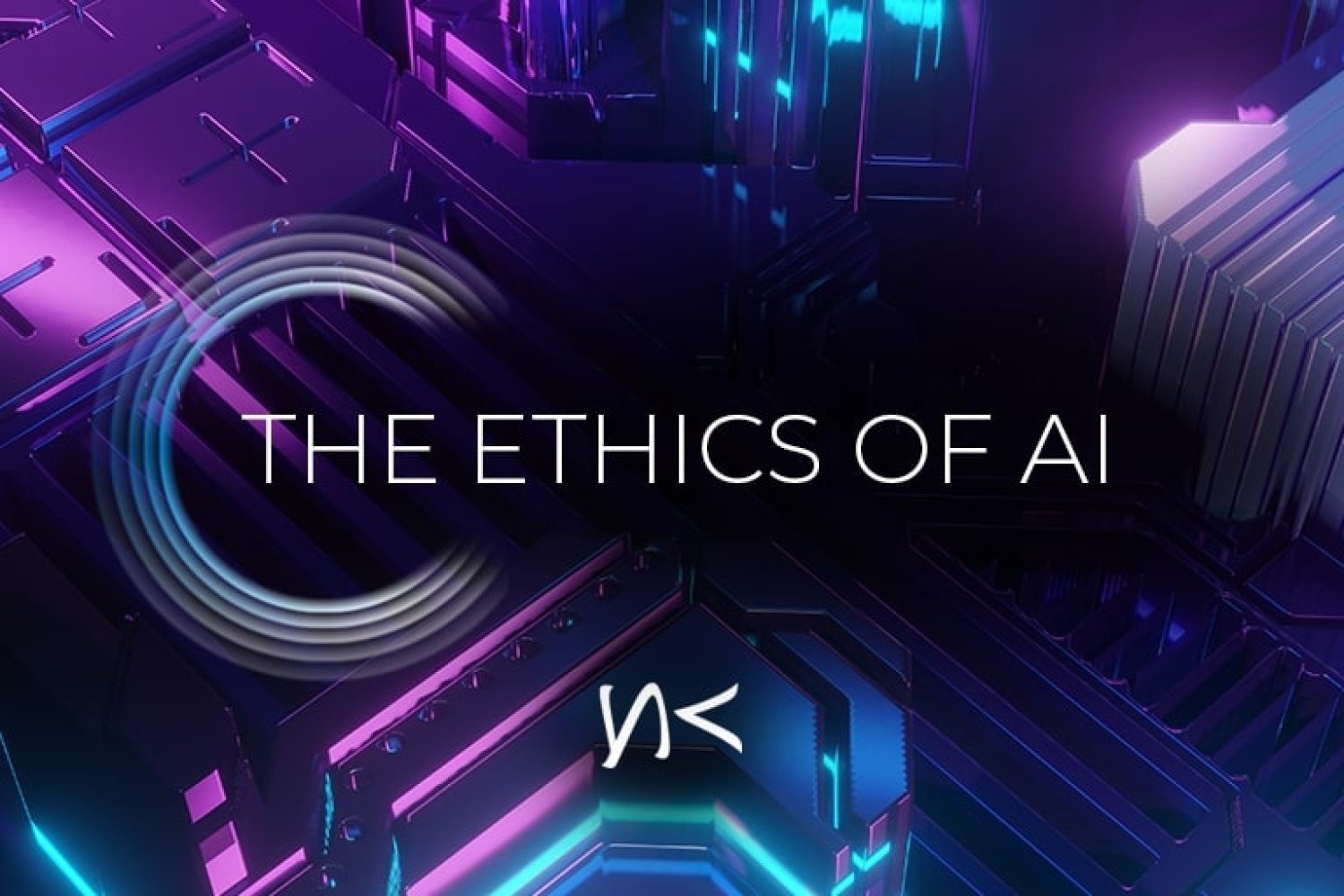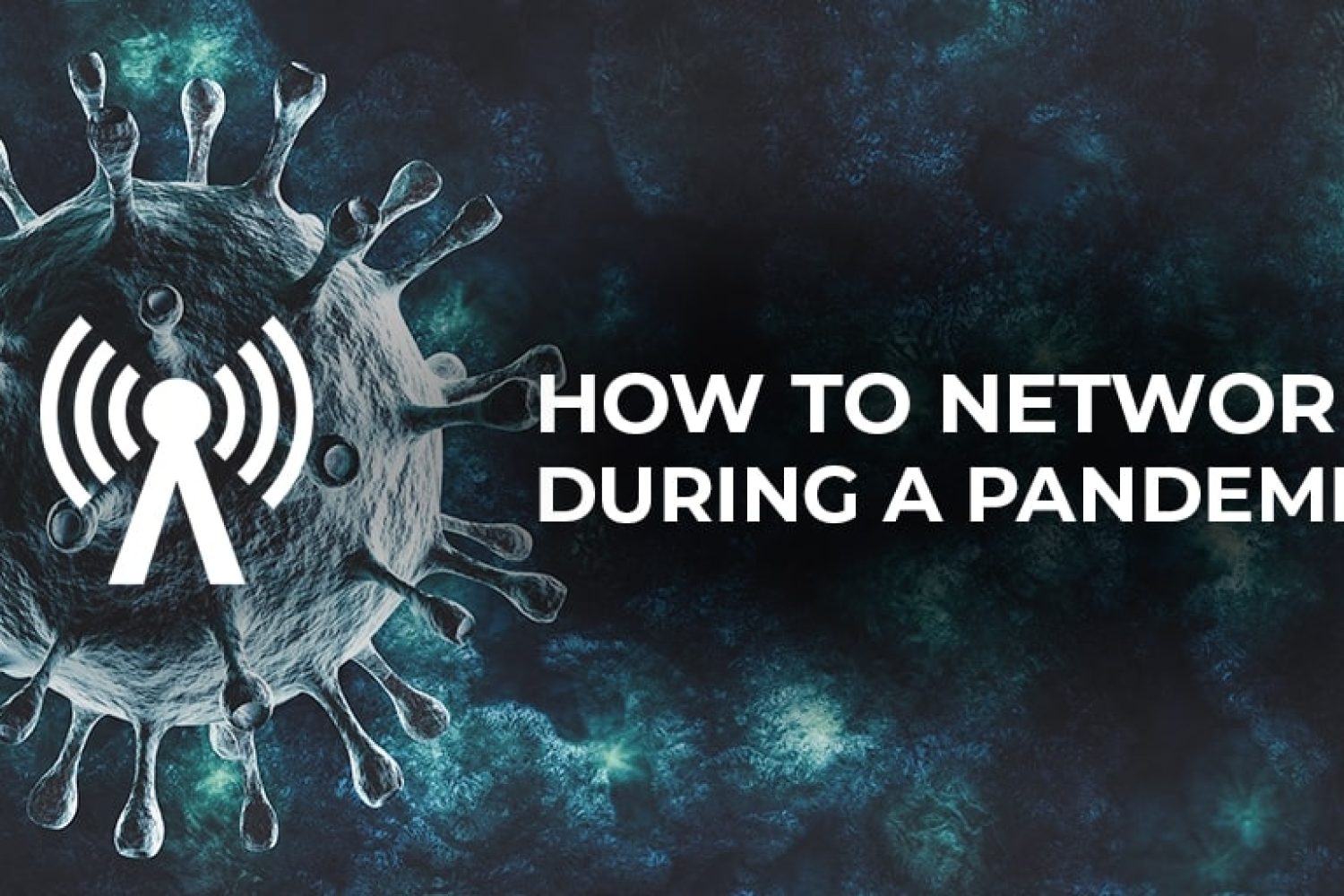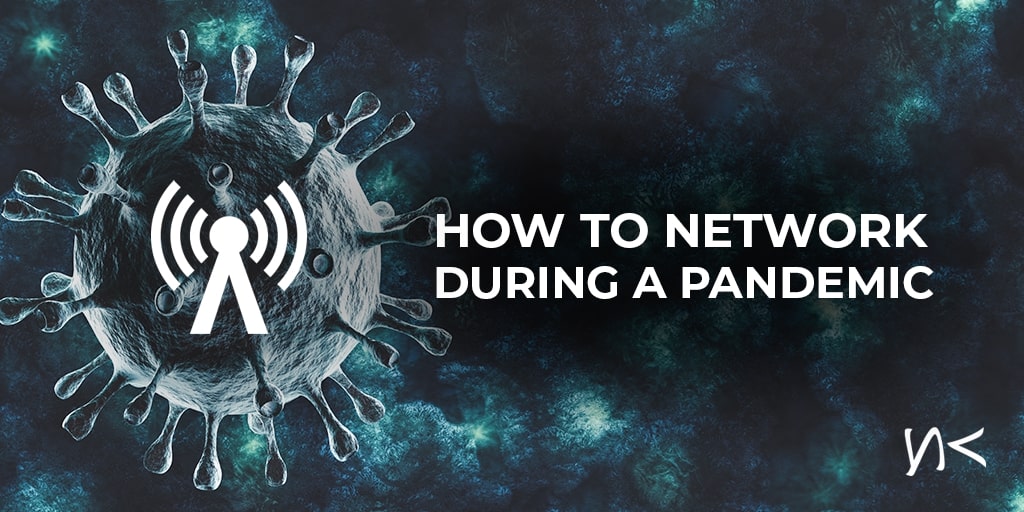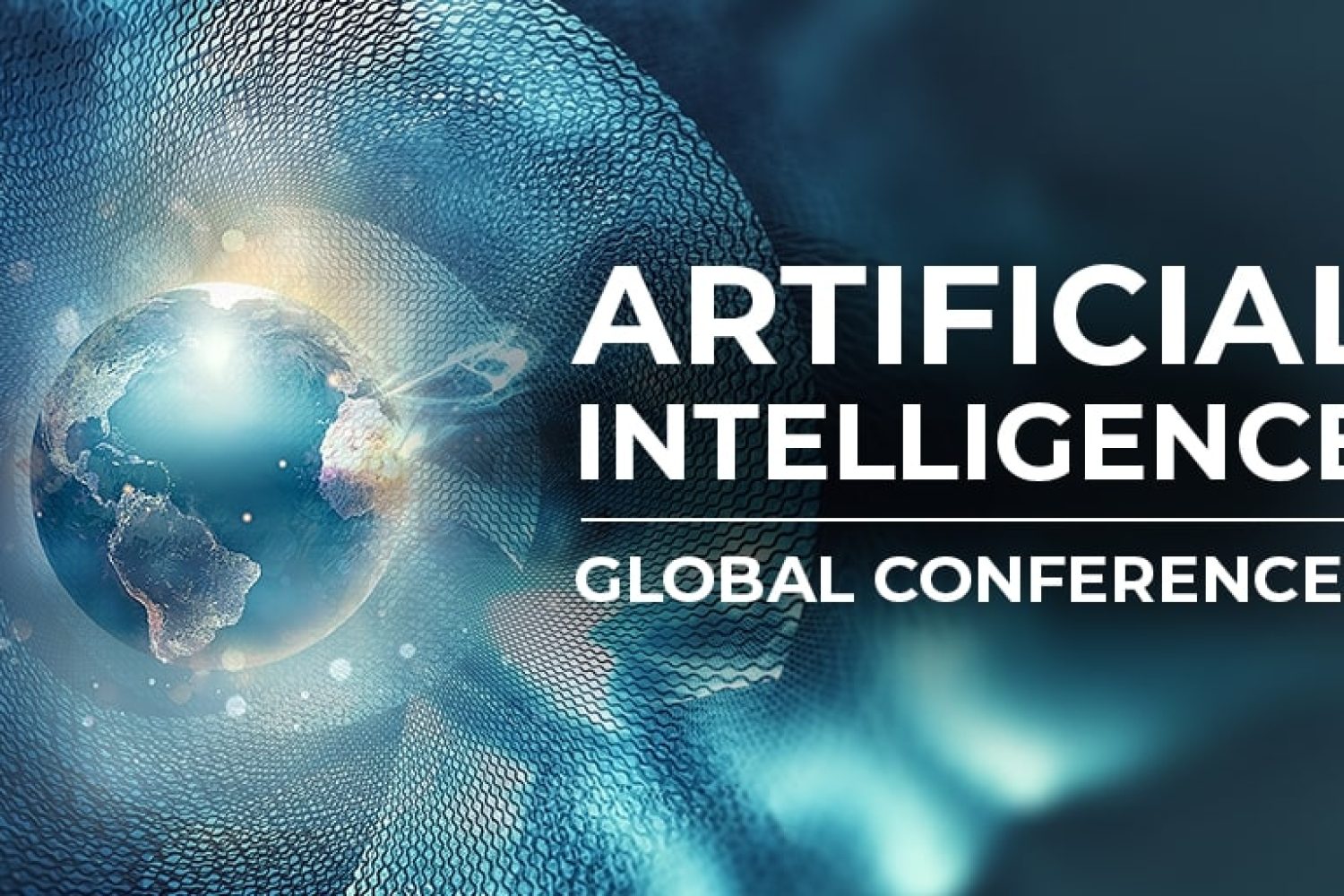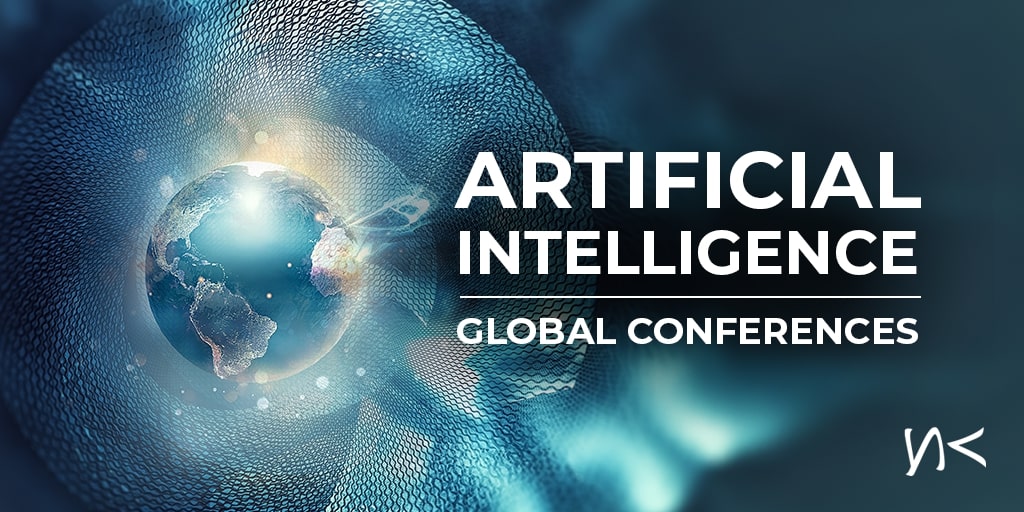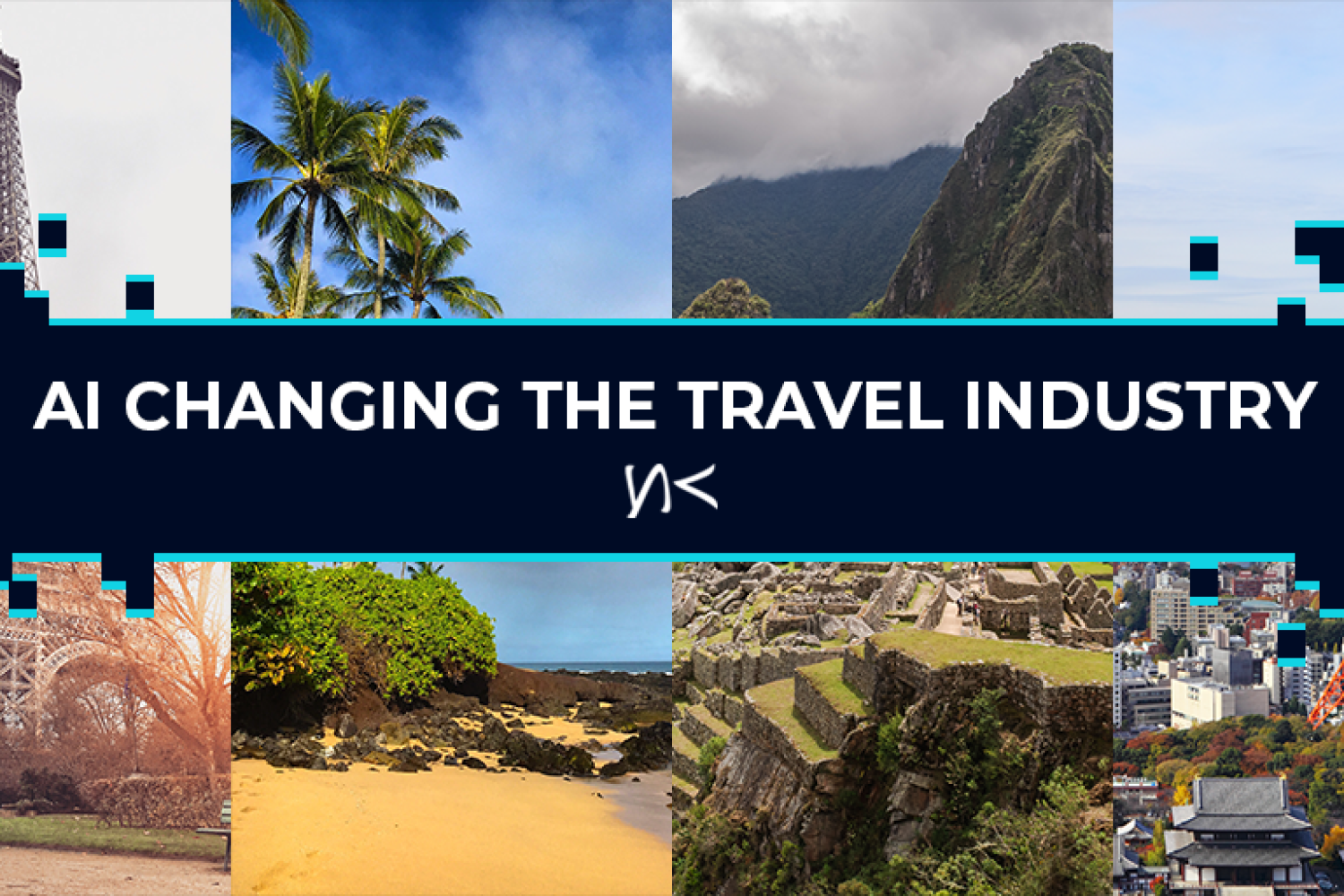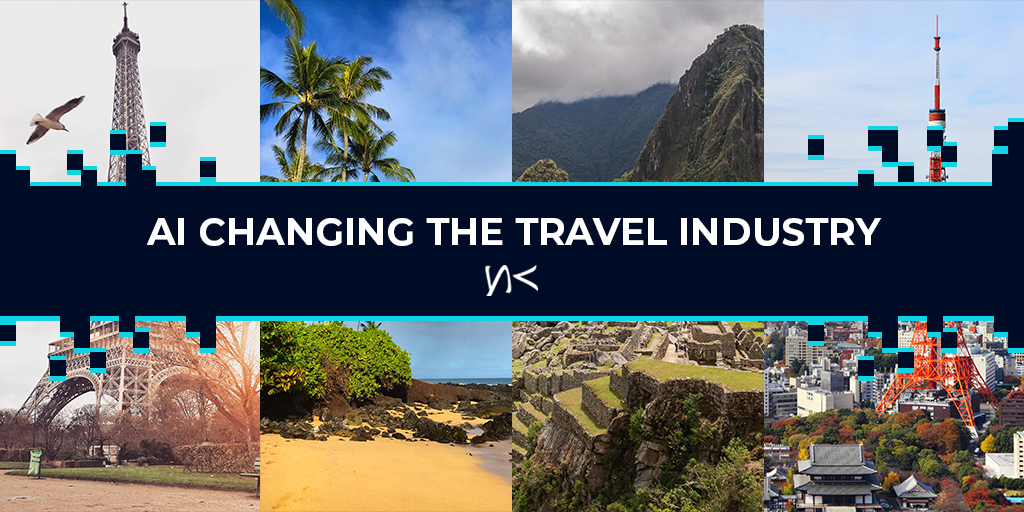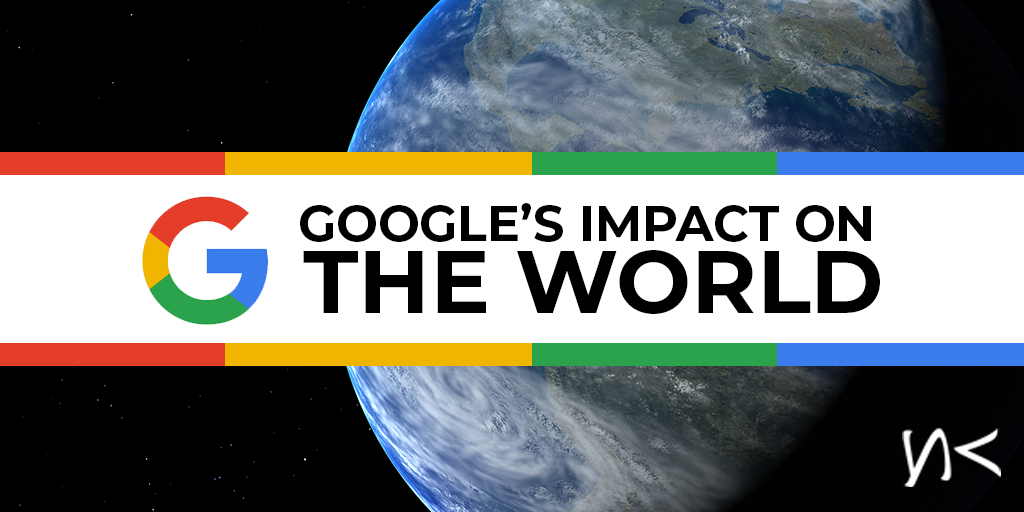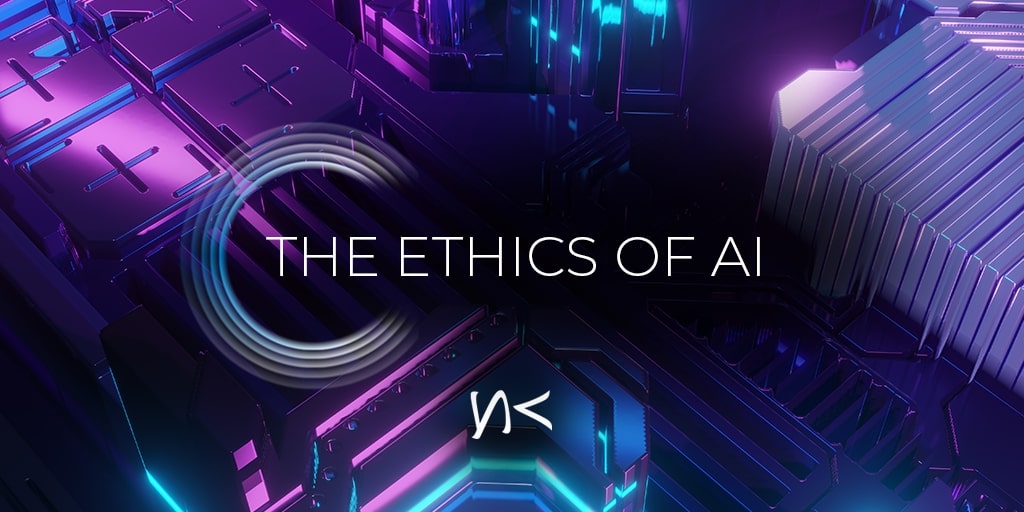
Robot Rights
Most of us are familiar with the Hollywood trope of the sentient AI coming into conflict with humanity (think The Terminator or I, Robot). It’s a question that society has had for a while now: “What rights are a sentient being, be it an artificial one, entitled to in the human world?” For the most part, AI is not yet capable of forming thoughts independent of human influence, but technology is ever progressing, and it may one day be possible to build an AI that functions and thinks as a whole human does. In that scenario, AI would cease to be just a tool for us to use, and questions about its obligation to serve humanity would be inevitable. If we believe in the philosophy of “sentientism,” then we must grant consideration towards robot rights as we do towards the rights of humans and non-human animals. Many believe that producing an AI capable of human sentience is dangerous and immoral for both humanity and the machine, putting an undue burden on both. As we advance our technology, we must be mindful of its impact on society and the technology itself.
Human Rights and Dignity
AI has allowed many industries to innovate the way they do business, producing more and spending less. In many industries, robots are even replacing human labor, and AI is being used to monitor work progress and outcomes. Though AI can certainly allow businesses to operate more efficiently, its adoption into standard business practices should not be taken lightly, particularly when it comes to its impact on human labor. There are many people whose jobs have been affected by the implementation of new technology. This is nothing new. Technology will inevitably change industries. The concern comes in when entire industries become obsolete, and thousands if not millions of people are with no alternatives. As we advance as a society, we also must mitigate potential risks to human rights and dignity. It may be inevitable that many industries will soon become mostly or entirely automated. In that case, it is crucial that the human beings put out of work are still taken care of and receive stable jobs. Life, liberty, and the pursuit of happiness mean living with dignity. It means no human is obsolete.
Transparency and Accountability
An AI-powered machine can be programmed to process data much faster and with far less error than a human being, making it a valuable data collection and evaluation tool. The data can be leveraged to make better business decisions and create better customer service. It can also be used to advance research and medicine. But it should concern us that there is not much regulation on the type of information companies can collect on us, nor is there much policy around transparency and disclosure of the algorithms utilized to collect data on us. Just as AI can be used innovatively, it can also be used in biased and even destructive ways. There have already been cases of AI bias that have been brought to light in recent years. For example, Amazon terminated the use of their AI recruiting tool after it was discovered that the tool had been programmed in a way that favored white men over people of color and women, even if all groups possessed identical skillsets. The public has a right to know just how the algorithms work. Though some believe AI could help us push beyond societal bias, it is clear that human biases still greatly influence our technology. AI can be used to incite anger and resentment in specific populations or fear and discouragement in others, making it dangerous if left unchecked. AI-powered bots have already influenced politics on popular social media sites. We as a society should make sure this technology is not used for nefarious purposes. This means full transparency around creating new AI-powered systems and holding companies accountable for the way the technology is used on their platforms.
So How do We Use AI Ethically?
The field of artificial intelligence is still very new, and its capabilities are innumerous. Companies that wish to utilize AI in their business practices must use an ethical framework. For example, companies dealing with personal data usually have an ethics board to mitigate risk and ensure that the company is adhering to the standards set by the company and the government. Companies can expand this resource to create a framework that centers on ethical AI and the importance of compliance with privacy laws and ethical behavior when using that technology. An ethics board can help set the tone for the company to behave in both legal and ethical manners when utilizing AI. The ethical framework that businesses use should be tailored to the industry they occupy to detect better the specific issues that each sector faces when using the technology. Companies can also look for inspiration in industries that have, for the most part, implemented and followed through with the ethical standards that they set for themselves.

